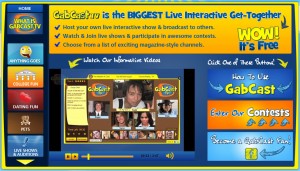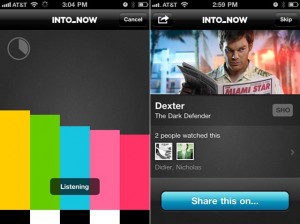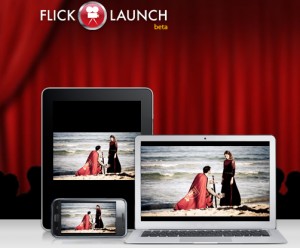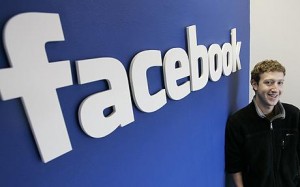It seems we cannot escape ongoing speculation in recent weeks surrounding the potential impact of a collaboration between social networking giant Facebook and European music service Spotify. Whether you subscribe to the opinion that such a partnership will change the face of music discovery, distribution and consumption — or you agree with Peter Kafka who wrote in WSJ’s All Things D that the deal would simply “be a nice feature for Facebook and a nice promotional outlet for Spotify” that would merely provide “limited amount of free music, and the option to upgrade to a paid subscription” — the bigger issue involves the direction of online social media and Facebook’s ultimate role.
If the Spotify deal serves as a stepping stone for Facebook’s involvement with other forms of media — music, movies, games, news, video, etc. — the social networking site may be on its way to serving as much more than a way for “friends” to share information and photos. It could become a powerful online hub for media distribution.
When Facebook’s Mark Zuckerberg took the stage at the e-G8 Forum in Paris last week he explained (again) that he has no interest in becoming the CEO of an entertainment company. However, increased integration between Facebook and entertainment media is clearly in Zuckerberg’s sites.
In March, Warner Bros. became the first Hollywood studio to offer movie rentals directly on Facebook, starting with The Dark Knight; Netflix has reportedly been discussing with Facebook the possibility of integrating social networking tools; Facebook began allowing third-party developers to offer games on its site four years ago (since then, social-gaming companies like Zynga have become among the largest in the industry); and now the deal with Spotify may help extend media integration. ZD Net reports that four months ago, “Spotify signed an agreement with Sony Music Entertainment, and three months ago, it struck a deal with EMI Music. The company thus has two of the four major music labels; the other two are Universal Music Group, the world’s biggest label, and Warner Music Group.” The Spotify/Facebook deal could lead to competition with streaming and cloud-based music services.
As the trend of electronically sharing thoughts and interests continues to grow amongst consumers of all ages, it makes sense that the leading social networking site would be poised for successful integration with the media people regularly discuss. In doing so, Facebook (which currently has nearly 700 million users) may become the ubiquitous entertainment layer of the Internet. At the very least, it may help serve as an EPG of sorts for media.
“Listening to music is something people do with their friends,” Zuckerberg said in France. “Movies, TV, news, books — those types of things are things I think people just naturally do with their friends. I hope we can play a part in enabling those new companies to get built, and companies that are out there producing this great content to become more social.”
Related Wall Street Journal article: “Chill Out! Spotify on Facebook Is Cool, Not a Game Changer” (5/25/11)
Related GigaOM article: “Amidst Spotify Rumors, Facebook CEO Talks Music and Media” (5/25/11)
Related Bloomberg article: “Facebook’s Zuckerberg Says Music, TV Are Social Frontiers” (5/25/11)
Related ZD Net article: “Rumor: Facebook is partnering with Spotify” (5/25/11)
Related TechCrunch article (including Spotify slides): “Behind The Scenes: Making Spotify More Convenient Than Piracy” (5/30/11)
Related Forbes article: “Facebook To Launch Music Service With Spotify” (5/25/11)
Related New York Times article: “Facebook Is Developing Ways to Share Media” (5/26/11)
Related ETCentric story: “Spotify Launches Music Download Store and iPod Syncing” (5/13/11)











